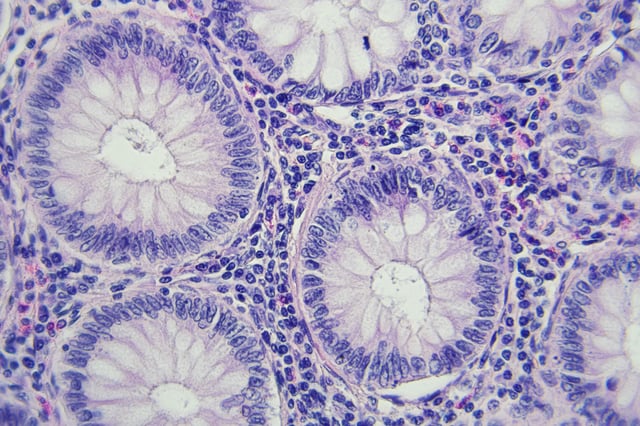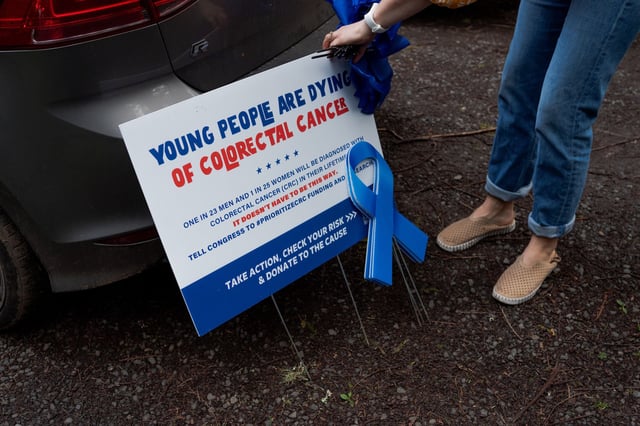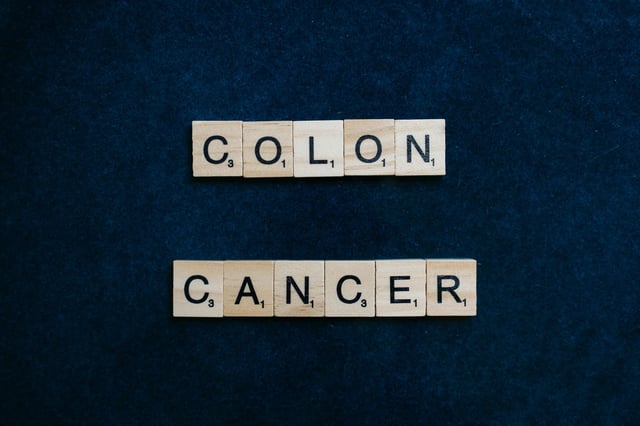Overview
- The American Cancer Society in 2018 and USPSTF in 2021 lowered the average-risk colorectal cancer screening age from 50 to 45, expanding eligibility to roughly 20 million more adults.
- Up-to-date screening among 45–49 year olds climbed from 20.8% in 2019 to 33.7% in 2023 while rates for those aged 50–75 remained stable, dispelling concerns of resource diversion.
- SEER registry data show local-stage colorectal cancer diagnoses in 45–49 year olds surged by 50% between 2021 and 2022, driven largely by first-time screenings.
- A randomized JAMA trial found unsolicited mailed fecal immunochemical test kits achieved a 26.2% completion rate, significantly outpacing the 14.5–17.4% uptake in active-choice outreach groups.
- Screening increases have been minimal among uninsured individuals and those without a high school diploma, underscoring the need for equitable implementation and continued monitoring of mortality outcomes.



